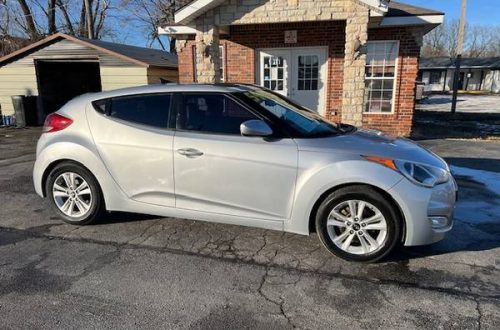
Does Car Insurance Cover Car Repairs?
Car insurance is essential for financially protecting yourself in accidents, damage, or theft. However, whether your car insurance covers repairs depends on the type of coverage you have and the circumstances surrounding the need for repairs. Let’s break down the specifics.
Understanding Car Insurance Coverage Types
Car insurance policies typically include several types of coverage, each designed to address specific risks:
- Liability Coverage: This is the most basic form of car insurance required in most states. It covers damage or injury you cause to others. However, liability insurance does not cover repairs to your car, regardless of fault.
- Collision Coverage: This type of insurance is designed to cover the cost of repairing or replacing your vehicle if it’s damaged in a collision, regardless of who is at fault. If you hit another car, a tree, or a pole, collision coverage will help repair costs after paying your deductible.
- Comprehensive Coverage: Comprehensive insurance covers non-collision-related damage, such as theft, vandalism, natural disasters, falling objects, or animal strikes. For example, if your car is damaged in a hailstorm or a tree branch falls on it, comprehensive coverage will pay for repairs after you meet the deductible.
- Uninsured/Underinsured Motorist Coverage: If another driver is at fault for an accident but doesn’t have insurance or doesn’t have enough coverage, this type of insurance can help pay for your car repairs.
- Mechanical Breakdown Insurance (MBI): Some insurers offer MBI, similar to an extended warranty. It covers repairs for mechanical issues unrelated to accidents, such as engine or transmission problems. This coverage is optional and typically applies to newer vehicles.
- Gap Insurance: While not directly related to repairs, gap insurance covers the difference between the value of your car and the amount owed on a loan or lease if the vehicle is totaled.
When Are Repairs Covered?
Whether your car insurance covers repairs depends on the situation:
- Accidents: If you have collision coverage, repairs for accident-related damage are covered after your deductible is paid.
- Natural Disasters or Vandalism: Comprehensive coverage will pay for repairs caused by floods, fires, or acts of vandalism.
- Wear and Tear: Standard car insurance does not cover repairs due to normal wear and tear, such as brake replacements, tire wear, or oil changes. These are considered maintenance expenses and are the responsibility of the car owner.
What About Deductibles?
Understanding how deductibles work is key to managing your insurance claims. Most insurance claims require you to pay a deductible before coverage kicks in. For example, if repairs cost $2,000 and your deductible is $500, your insurance will pay $1,500. This knowledge will help you prepare for potential out-of-pocket expenses and feel in control of your insurance claims.
How to Ensure Proper Coverage
To ensure your car-insurance policy covers repairs you might face, it’s important to review your policy regularly. Consider additional coverage options like collision, comprehensive, or MBI to meet your specific needs. This proactive approach will help you avoid unexpected repair costs and feel responsible for your financial protection.
In conclusion, while car-insurance can cover repairs in specific circumstances, it’s essential to understand your policy’s limitations. Speak with your insurer to confirm what’s covered and adjust your policy if needed.
To get an affordable insurance quote, contact us today by calling (541) 318-8835 or click here to connect with us online.




